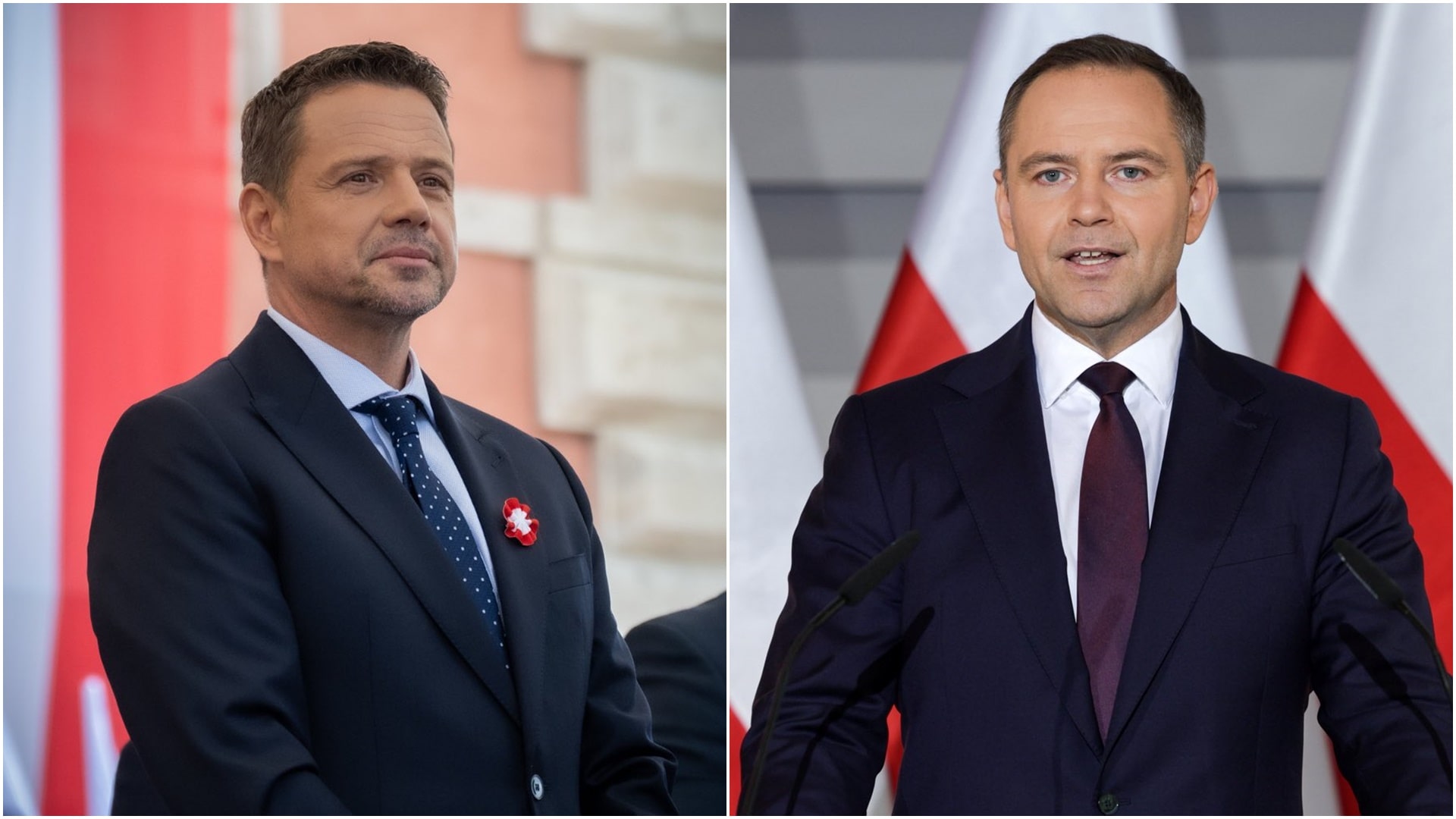For the first time in 15 years, Argentina has recorded a trade surplus—and it’s a record-breaking one. Official data published on January 20 reveals that the country closed 2024 with an $18.9 billion trade surplus, surpassing the previous high of $16.89 billion set in 2009. This milestone comes after the first year of Javier Milei’s presidency, but is it enough to declare his economic policies a success?
Milei’s Strategy: Exports Over Everything
Javier Milei, often called “el loco” (“the madman”), has focused on boosting Argentina’s exports, particularly in grains and energy, during his first 12 months in office. This approach has delivered measurable results in trade, but the broader economic picture remains complex.
Milei’s First Year in Numbers
- Inflation Drops: Monthly inflation fell from 20% to 3%, while annual inflation decreased from 220% to 117%. This marked relief for Argentinians grappling with runaway price increases.
- GDP Contraction: The economy shrank by 3% in the first three quarters of 2024 as the government tightened fiscal policies.
- Poverty Rates: Poverty initially rose from 42% to 53% within six months of Milei’s presidency but dropped to 38.9% by the third quarter of 2024, a level lower than the previous year.
- Unemployment Fluctuations: Unemployment increased from 5.7% in December 2023 to 7.7% mid-2024, before improving slightly to 6.9% in January 2025.
The Challenges Ahead
While Milei’s policies have achieved some early wins, significant hurdles remain:
- Currency Devaluation: The Argentine peso continues to struggle, with inflation keeping upward pressure on its value. Milei aims to stabilize the currency, but this complicates efforts to address the current account deficit.
- Access to Credit Markets: Argentina needs to regain the trust of international creditors and the International Monetary Fund (IMF). The country’s history of default and its largest-ever IMF loan of $44 billion loom over Milei’s efforts to secure new investment.
- Economic Fallout: Despite the trade surplus, Argentina is still recovering from economic contraction, unemployment spikes, and high poverty levels. Sustainable growth will require reforms that encourage private investment and industrial development.
Public Support and the Road to Re-Election
Despite economic challenges, Milei’s approval rating remains strong at 47% as of December 2024, with no rival close to matching his popularity. This bodes well for the October 2025 midterm parliamentary elections, which could solidify his mandate.
Is Milei’s Success Sustainable?
Economic experts caution that while controlling inflation is a positive step, Argentina has seen similar efforts fail in the past. The real test for Milei lies in delivering long-term reforms that stabilize the economy, reduce poverty, and attract sustainable investment.
As one analyst put it: “The question isn’t whether Milei can achieve short-term wins, but whether he can transform Argentina’s economy for good.”





